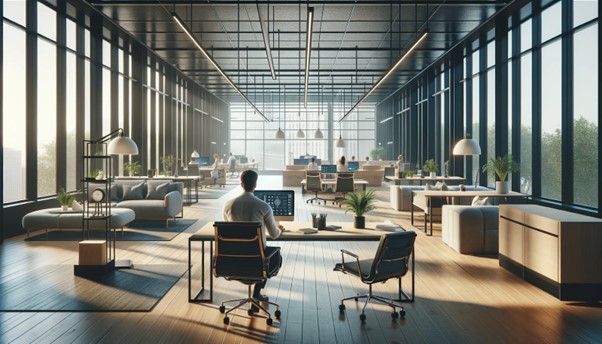To attract the best and the brightest, many companies are creating an “anti-office” — a Silicon Valley inspired, more relaxed environment that looks more like a trendy coffee shop or the foyer of a boutique hotel.
But many of these inspiring workspaces are puzzlingly sitting empty despite contrasting strongly with the more formal, conventional offices favoured in the past.
Despite significant investments to create inspiring workplaces that will attract talent, especially Millennials, many of these more casual and fun workspaces sit empty, while others are in constant use.
The question is why do people choose one space over another? And is there a right formula for creating these spaces? Given the time and investment it takes, it’s really important for businesses to get it right the first time.
Most of the time, the primary driver for creating shared spaces is simply aesthetics with not enough thought given to the varied ways in which people actually work.
People need more than a beautiful sofa and a coffee table. They come to the office to work. Organisations therefore need to turn their focus toward reducing what’s unnecessary and getting back to facilitating a focus on work.
Many shared spaces are designed primarily for social interactions and provide limited options for performance work.
Unable to find the right space for doing heads down work, it’s not unusual, for example, to find people doing focus work in large spaces designed for collaboration or trying to collaborate in areas designed for respite.
It’s fine and even appealing to make the workspace look like a designer home, but businesses need to use every square meter of office space in a meaningful way, so these spaces can also be productive and help people perform.
The key is to provide people with a mix of diverse spaces that support different work modes and styles. The lack of these may be why employees of large corporations are only moderately satisfied with the shared spaces their organisations provide them.
Steelcase carried out a Global Study of Informal Workspaces which also confirmed that employees prefer to work in a range of spaces, rather than a single setting.
Isla Galloway-Gaul is the Managing Director of Inspiration Office.


























